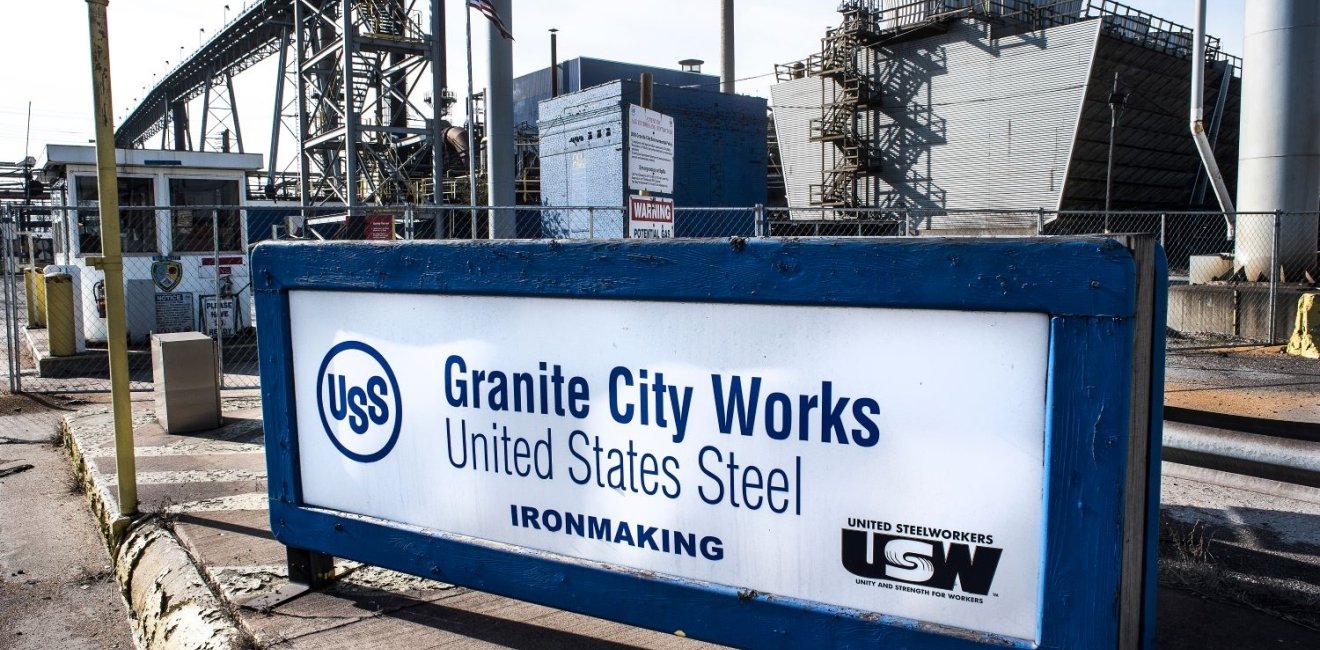
A blog of the Indo-Pacific Program
There was a sense of deja vu all over again as legislators on both sides of the political aisle expressed their concern and downright outrage over a Japanese company’s decision to buy out US Steel in December. The emotional response on Capitol Hill harked back to the 1980s and early 1990s, when Japanese companies were seemingly buying out US assets across sectors, and threatening the industrial base of the country.
Yet Nippon Steel’s $14.1 billion deal for the Pittsburgh-based company is anything but hostile, and is actually in the interest not only of the steelmaker itself, but for the United States at large. After all, even the Japanese group’s competitor for US steel, Cleveland-Cliffs which offered $7.3 billion for the company, ultimately welcomed Nippon Steel’s proposal as its chairman Lourenco Goncalves stated that “we congratulate US Steel on their announcement and wish them luck in closing the transaction with Nippon Steel.”
What needs to be made clear is that the transaction is a strategic move for the future of steelmaking that ultimately strengthens US Steel’s global position...
Luck as well as patience will be needed, though, for the deal to move forward amid the emotionally charged political backlash in an election year. Senators representing steelmaking regions as well as steelworkers themselves have been quick to oppose selling a company that represents a long history of US industry to a foreign entity, which is only to be expected. What needs to be made clear is that the transaction is a strategic move for the future of steelmaking that ultimately strengthens US Steel’s global position, and thus will be in the interest of the United States. After all, even after the buyout, US Steel would keep its name and the injection of capital from Japan would allow the company to be the world’s second-largest steelmaker, after China’s Baowu Group.
The downside risk of the deal not moving forward, meanwhile, would not only be a blow to US economic relations with Japan, but US relations with other allies and trusted partners as concerns about US protectionism grow. While the United States rightly has the need to focus on supply chain resilience, the argument that Nippon Steel’s acquisition of US Steel would hamper national security goes against the Biden administration’s efforts to date to cultivate stronger relations with Japan in an effort to decrease economic dependence on China and to protect advanced technologies from Beijing.
For Washington to spearhead efforts to block the Nippon Steel deal would be shortsighted, given that the buyout would ultimately strengthen the position of US steelmakers. It would also cast a cloud over US economic diplomacy at a time when the White House is seeking to work more closely with like-minded partners to develop a new economic architecture that would promote collective economic resilience and protect advanced technologies and innovations from authoritarian regimes.
As the US election campaigning steps up in earnest, the call for greater protectionism is expected to intensify still further, and the push for more industrial policy will be seen to bolster US competitiveness. Yet the real strength of the United States will be to continue championing greater cooperation amongst like-minded nations that will ultimately enhance supply chain resilience and encourage more innovation. The first test of US economic leadership in a rapidly changing global economy will be to assess the true value of the US Steel deal and ensure that it becomes part of the fabric to advance US resilience to disruptions in critical industries.
Follow Shihoko Goto, director for Geoeconomics and Indo-Pacific Enterprise and acting director of the Asia Program, on Twitter @GotoEastAsia.
The views expressed are the author's alone, and do not represent the views of the U.S. Government or the Wilson Center. Copyright 2024, Asia Program. All rights reserved.
Author


Indo-Pacific Program
The Indo-Pacific Program promotes policy debate and intellectual discussions on US interests in the Asia-Pacific as well as political, economic, security, and social issues relating to the world’s most populous and economically dynamic region. Read more





